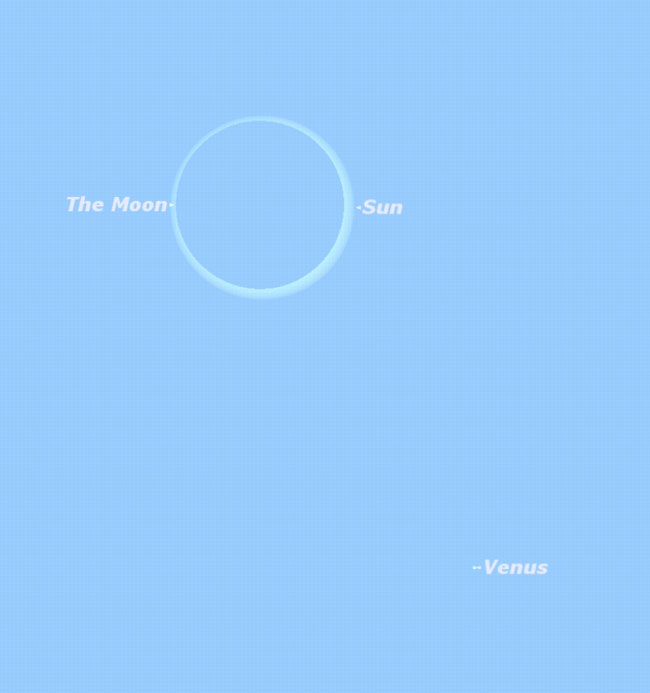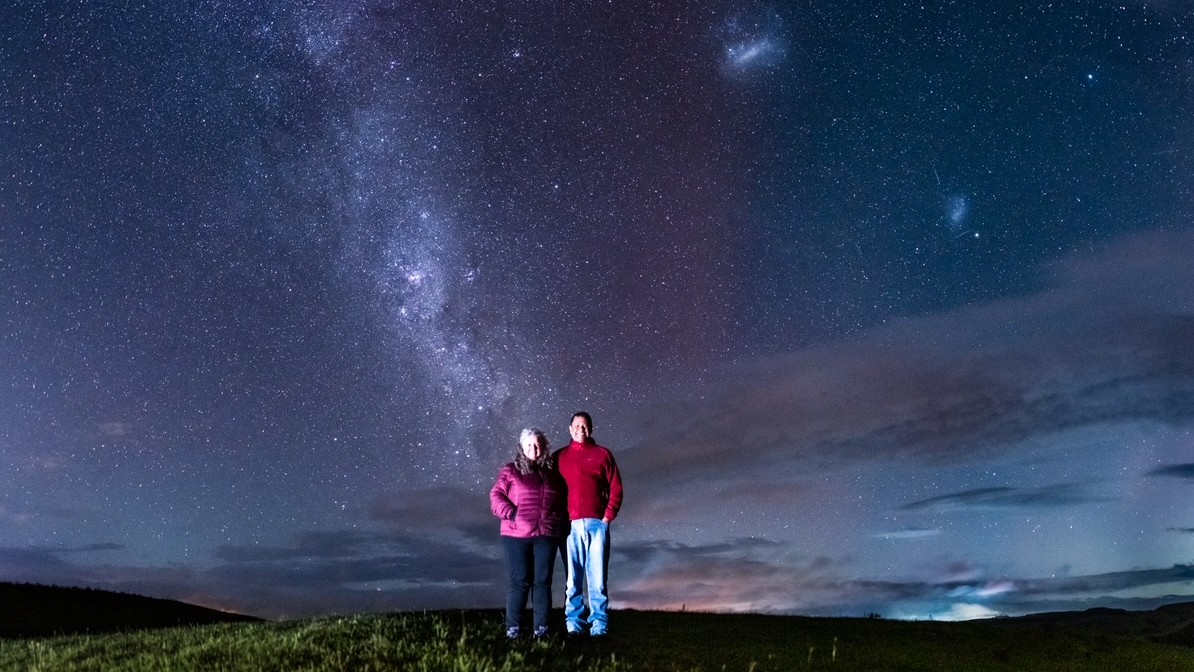India Launches Rocket Fleet to Study Solar Eclipse

Breaking space news, the latest updates on rocket launches, skywatching events and more!
You are now subscribed
Your newsletter sign-up was successful
Want to add more newsletters?

Delivered daily
Daily Newsletter
Breaking space news, the latest updates on rocket launches, skywatching events and more!

Once a month
Watch This Space
Sign up to our monthly entertainment newsletter to keep up with all our coverage of the latest sci-fi and space movies, tv shows, games and books.

Once a week
Night Sky This Week
Discover this week's must-see night sky events, moon phases, and stunning astrophotos. Sign up for our skywatching newsletter and explore the universe with us!

Twice a month
Strange New Words
Space.com's Sci-Fi Reader's Club. Read a sci-fi short story every month and join a virtual community of fellow science fiction fans!
India has launched a fleet of small suborbital rockets tostudy the effects of a stunning Friday solar eclipse ? touted as the longestthis millennium - on Earth?s atmosphere.
The India Space Research Organisation (ISRO) launched 11 soundingrockets in two days to study the partial annular solareclipse, which dominated the sky above southeastern Asia and Central Africatoday. Thousands of skywatchersin countries where the eclipse was visible marveled at the celestial event.
But only India appears to have launched rockets to seehow the drop in sunlight as the moon blocked part of the sun affected the Earth?satmosphere.
?The eclipse was well visible in southern parts of thecountry,? ISRO officials said in a statement. The eclipse began in the morning(local time) and hit its peak at about 1:15 p.m. local time in India.
India?s Vikram Sarabhai Space Centre launched the Rohinisounding rockets from several sites, including the Satish Dhawan Space Centrein Sriharikota. The rockets were launched in waves, with five launching onThursday to collect pre-eclipse data while six more blasted off today tocompare the after effects.
?All the sounding rocket launches wereconducted to study the effects of the annular solar eclipse on the atmosphericstructure and dynamics,? ISRO officials said.
The eclipse, which only partially blotted outthe sun to leave only a brightring visible at its height, offered a unique opportunity to study how suchevents impact the photochemistry and electrodynamics within Earth?s atmosphere,project researchers said. In addition to a drop in sunlight, lower temperaturesand decreased levels of ionization within the atmosphere can be observed, theyadded.
Breaking space news, the latest updates on rocket launches, skywatching events and more!
- Gallery:2008 Solar Eclipse
- HowSolar Eclipses Work
- SkywatchingHighlights of 2010

Space.com is the premier source of space exploration, innovation and astronomy news, chronicling (and celebrating) humanity's ongoing expansion across the final frontier. Originally founded in 1999, Space.com is, and always has been, the passion of writers and editors who are space fans and also trained journalists. Our current news team consists of Editor-in-Chief Tariq Malik; Editor Hanneke Weitering, Senior Space Writer Mike Wall; Senior Writer Meghan Bartels; Senior Writer Chelsea Gohd, Senior Writer Tereza Pultarova and Staff Writer Alexander Cox, focusing on e-commerce. Senior Producer Steve Spaleta oversees our space videos, with Diana Whitcroft as our Social Media Editor.
